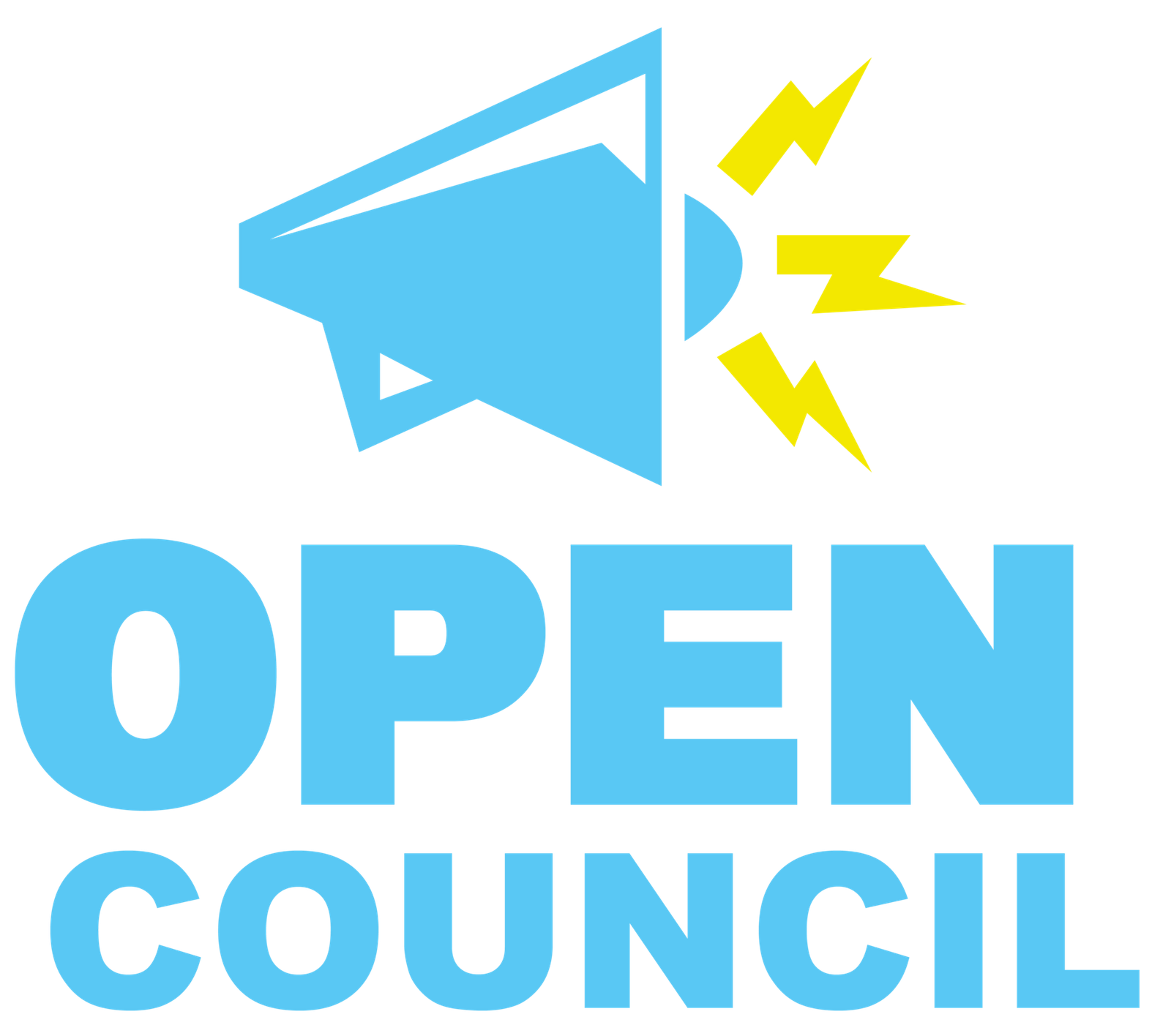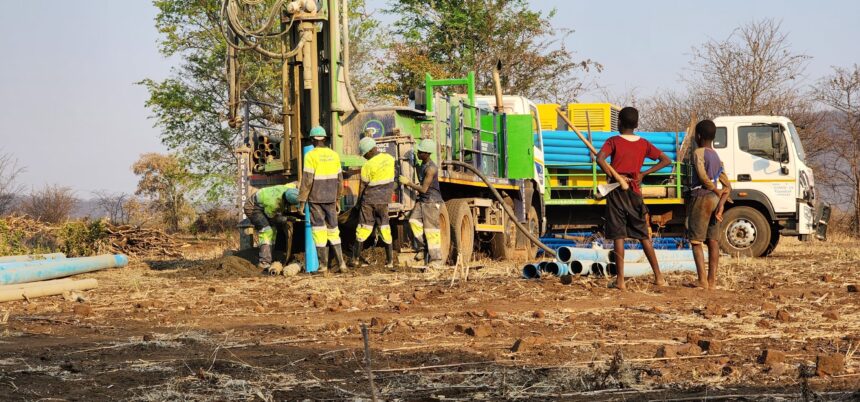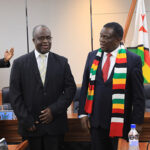By Brian Hodzi
Government is moving to institute a regulatory framework that will govern borehole drilling as the sector remains largely unregulated.
This has exposed many residents to abuse by borehole drillers as they pay for dry holes.
Gokwe Central legislator Daveson Masvisvi detailed how many people are suffering at the hands of borehole companies.
He ascribed this to the absence of legal measures to protect the public.
“We call upon the Government, through the Ministry of Lands, Agriculture, Fisheries, Water and Rural Resettlement, to introduce a regulatory framework for borehole drilling in Zimbabwe.
“This includes licensing, quality control and mandatory hydro geological surveys before drilling is undertaken.
“Recommends that the cost of dry boreholes be shared equitably between drilling companies and clients.
“With clear contractual obligations and insurance mechanisms to protect clients from total financial loss,” he said.
Many citizens rely on private borehole drilling due to an inadequate municipal water supply.
According to the 2022 population and housing census, 19% of households in rural areas take more than 30 minutes to fetch drinking water from a water point.
Meanwhile, 69% take up to 30 minutes, as reported by ZIMSTAT in 2024.
“This lack of access to water has forced many households to use their own funds to drill boreholes through private sector service providers, leading to the growth of private borehole drilling services.
However, Masvisvi said the proliferation of private sector borehole drilling services has exposed consumers to significant financial exploitation and loss.
“The absence of a robust regulatory framework has created an environment where citizens bear the full financial burden of unsuccessful drilling.
“That is a situation that is both inequitable and unsustainable.
Cost of Boreholes
Currently, the cost of drilling a borehole is approximately US$1,100 for a depth of 40 meters.
Any additional drilling beyond this point incurs charges of US$D25 to US$D30 per meter.
In regions where the water table exceeds 70 meters, citizens are compelled to pay around US$D2 000 only to face the devastating reality of a dry borehole.
“This exorbitant financial outlay, coupled with the absence of consumer safeguards, leaves many households in severe debt without access to the water they desperately need.



